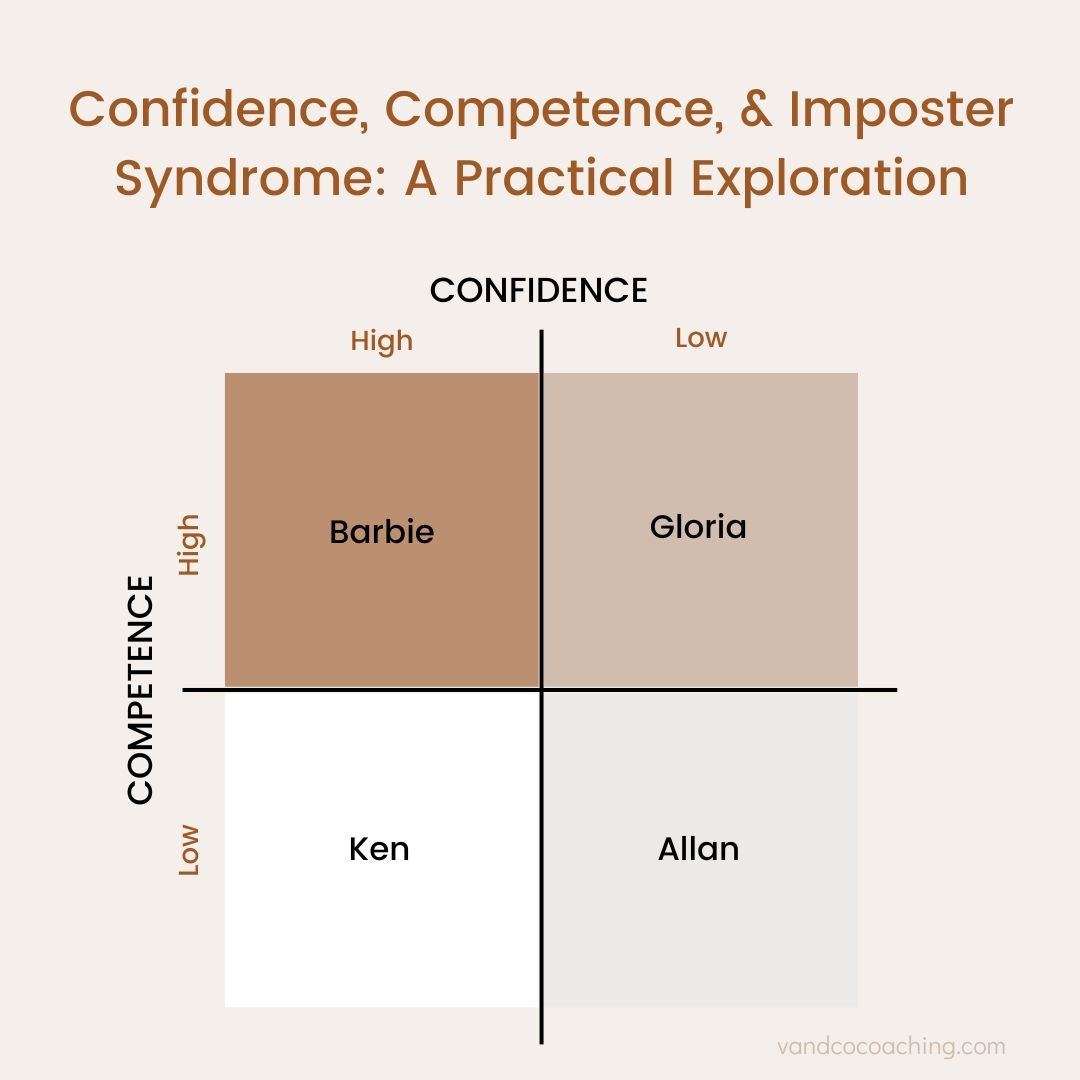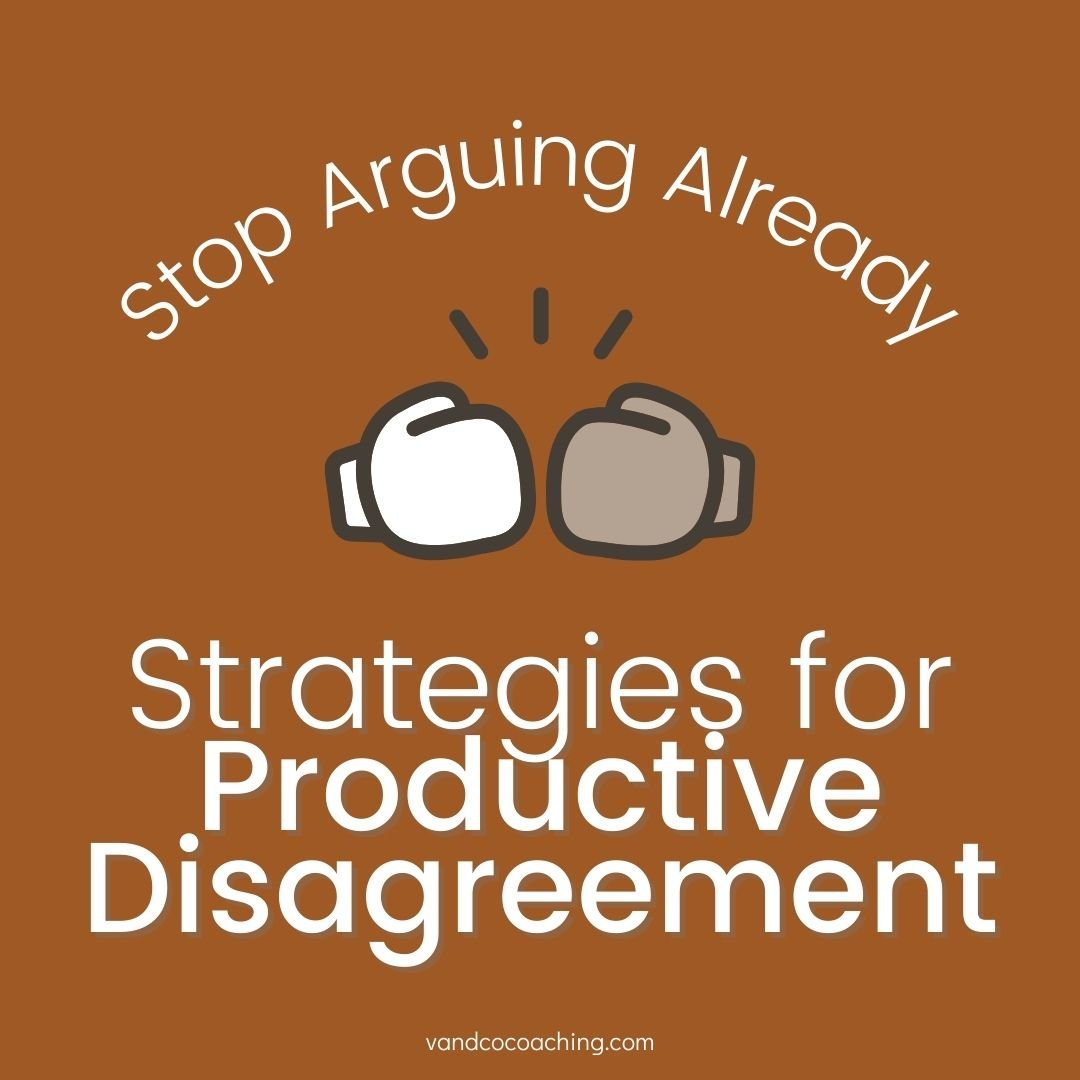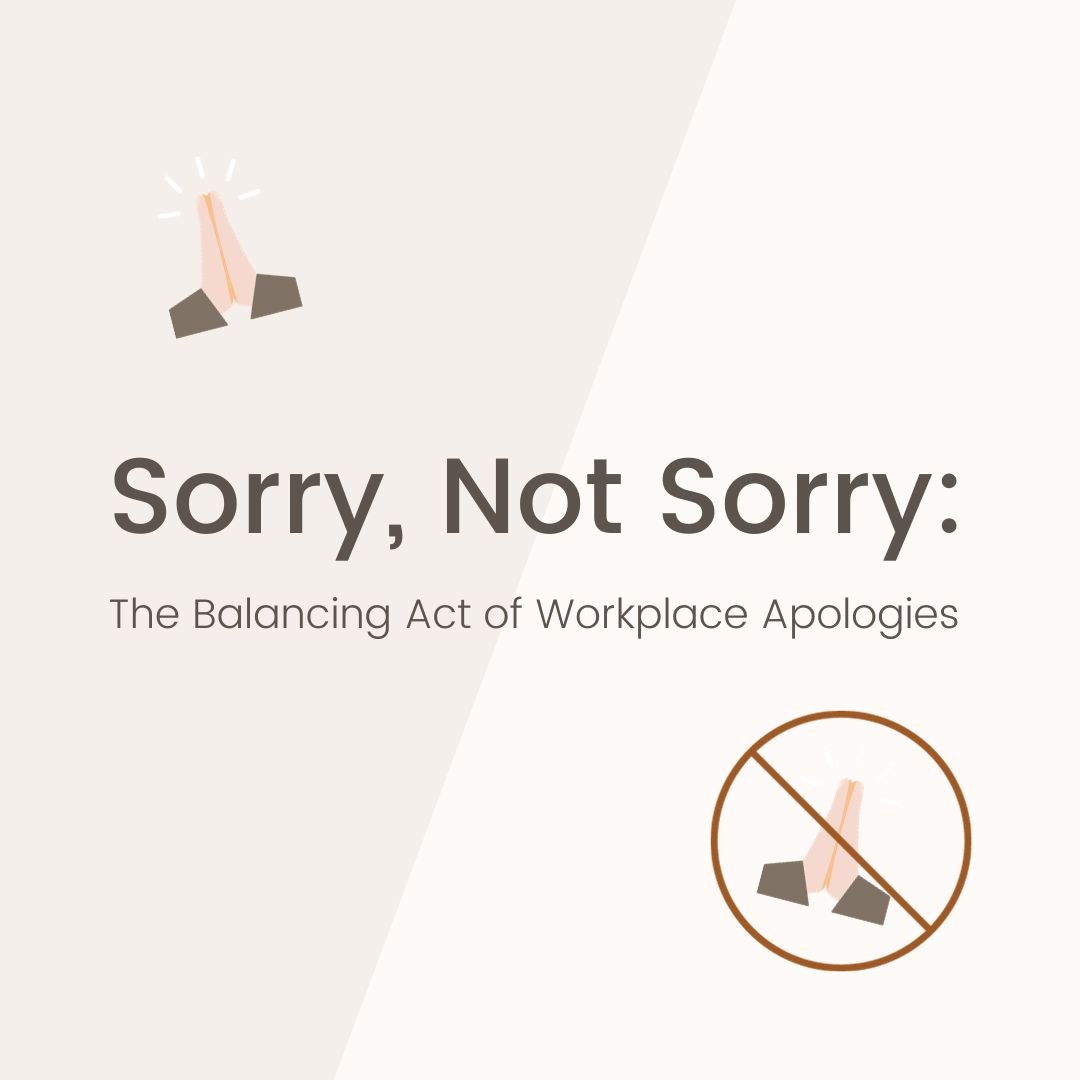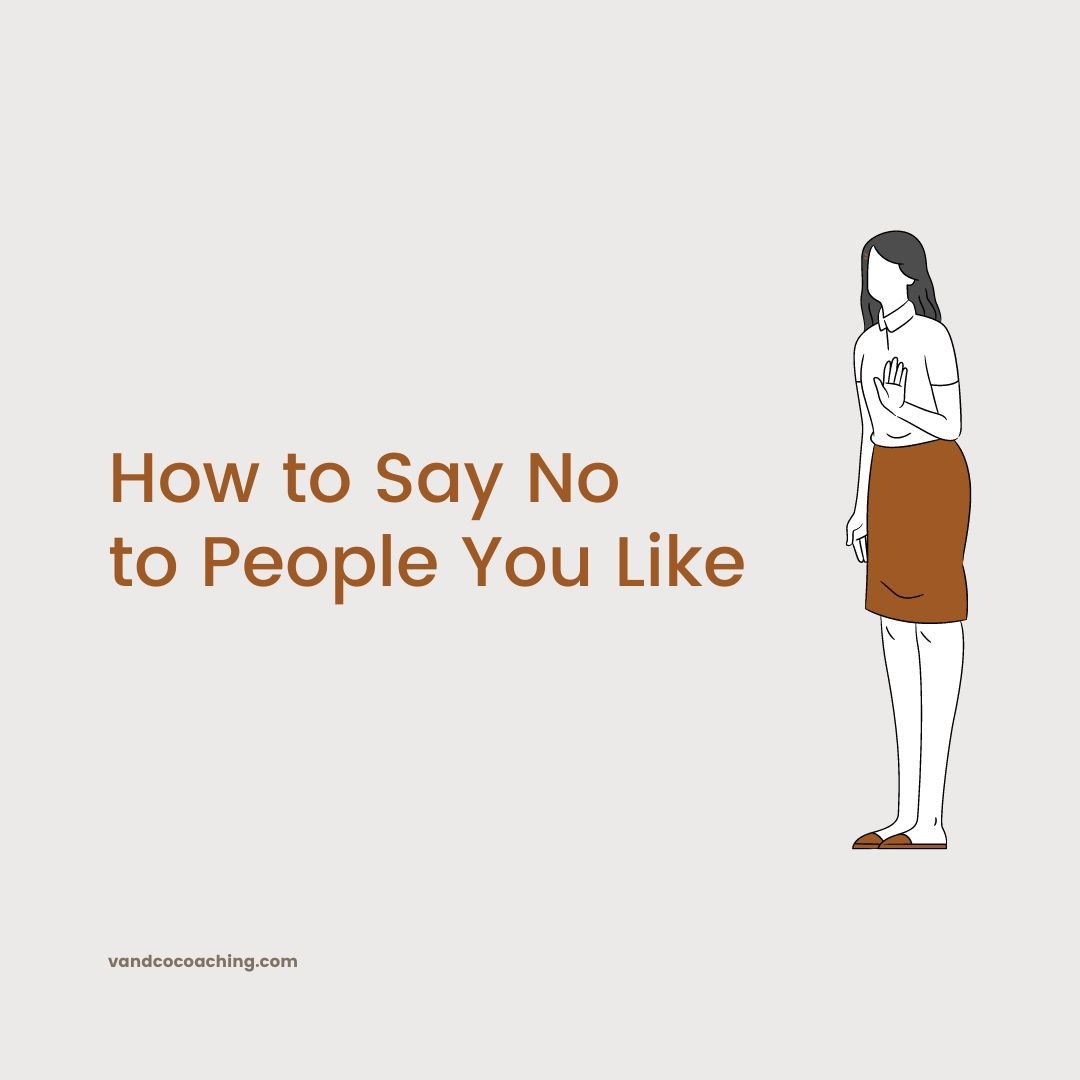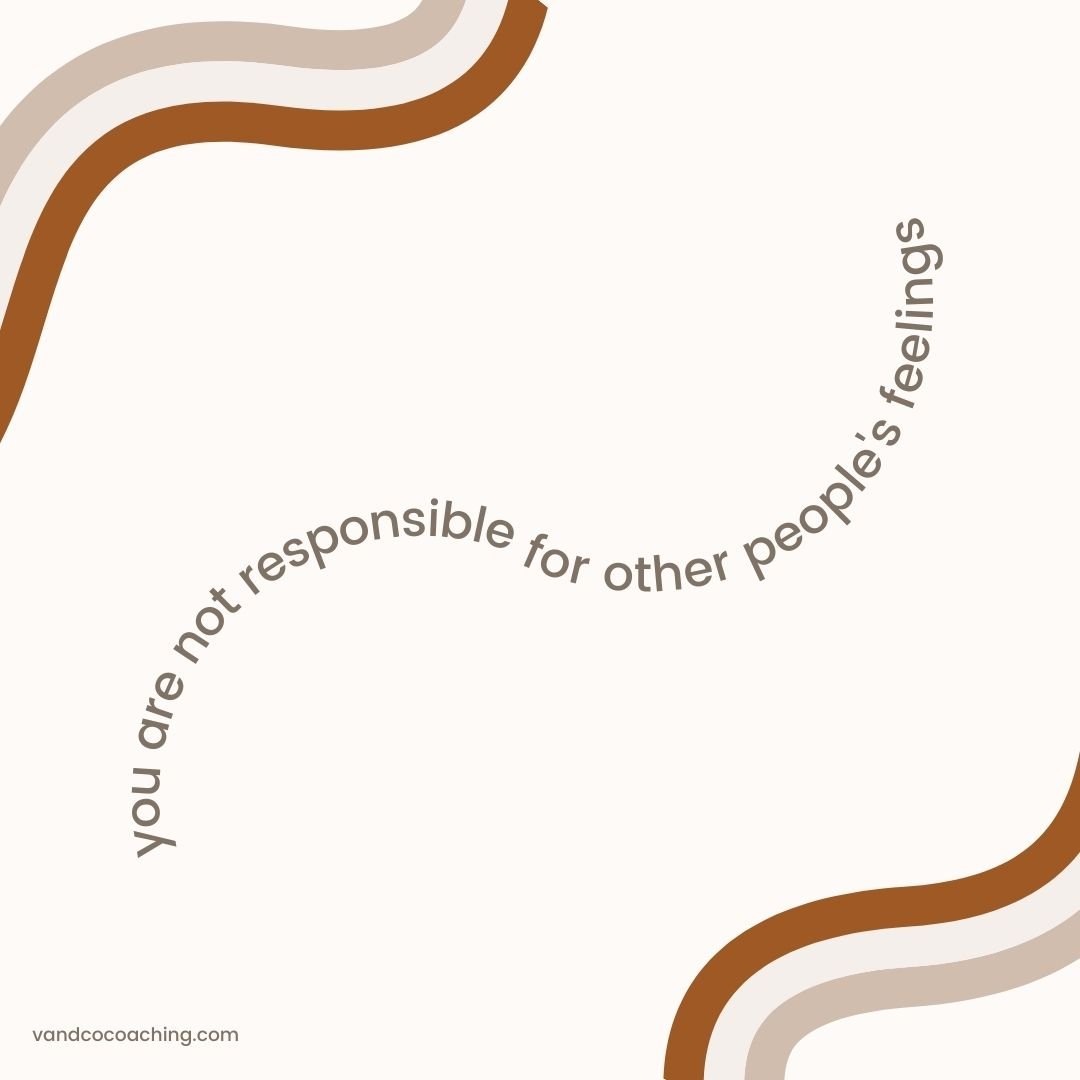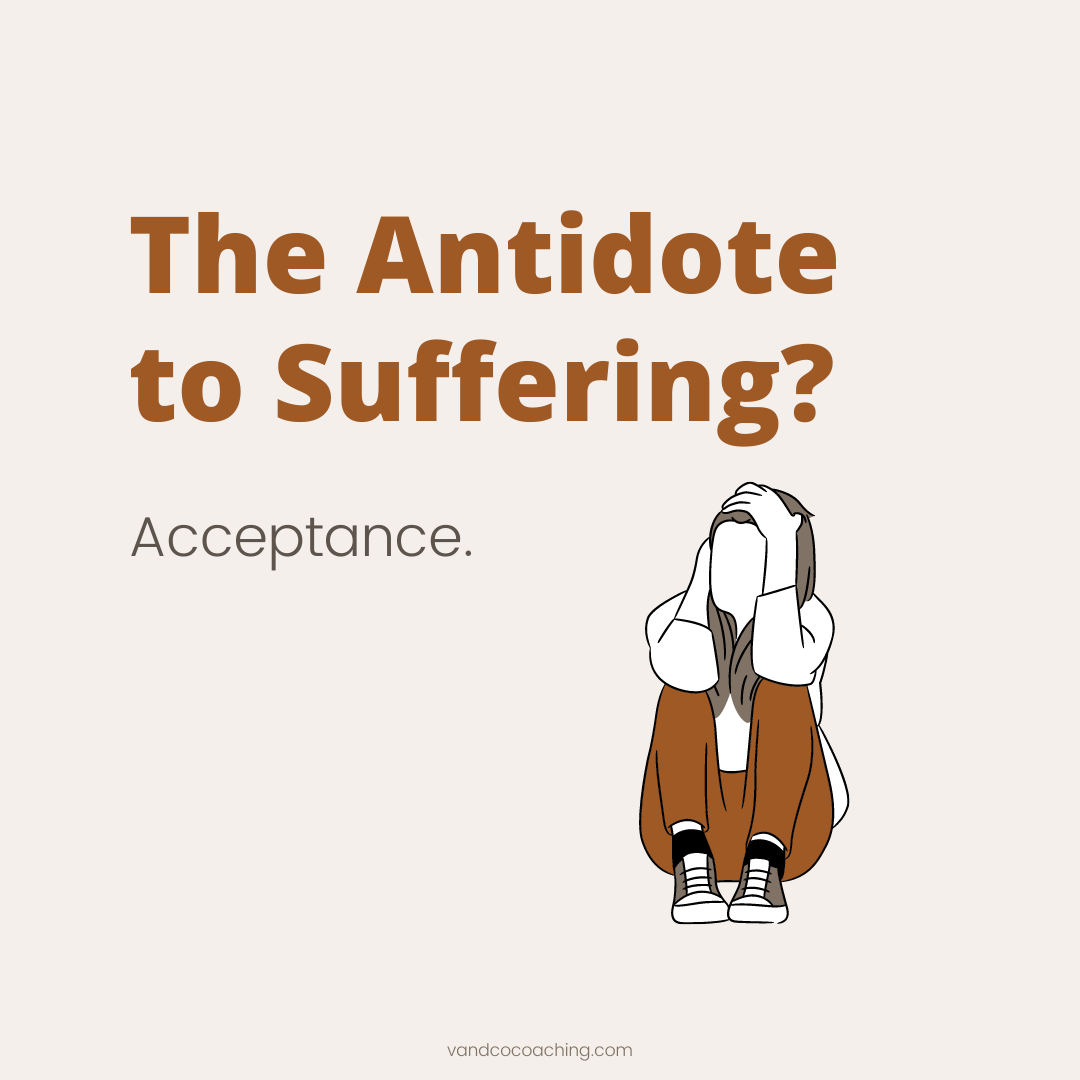The Antidote to Suffering? Acceptance.

The solution to suffering is not a new one.
Throughout time, different philosophies and teachers have said that we suffer because we want things to be different than how they are.
The simple solution is to be realistic about things, just as they are.
Buddhism calls this “non-resistance.” What’s happening is simply what is happening, no point in resisting it. It can’t be argued with or avoided.
For stoics, it's the “art of acquiescence”— accepting what you can’t control and moving on.
Here’s an example of how it works:
One of my clients is frustrated with an uneven distribution of sales accounts across his team. Given that the quality of accounts impacts his bonus, his frustration is understandable. Yet he needlessly suffers because he focuses energy on the unfairness of the situation, venting to others, thereby prolonging and magnifying his frustration.
Applying the principle of acceptance looks like, “Yes, the accounts are unevenly distributed. I’m frustrated about it and yet still willing to recognize that this is how it is right now.”
What people get wrong about Acceptance:
“I am a lover of what is, not because I'm a spiritual person, but because it hurts when I argue with reality.” ― Byron Katie
You don’t have to not do anything about it, or not attempt to change it.
Accepting something doesn’t mean you have to ‘give in’ to this is how it’s always going to be. Being willing to face reality helps us get a clearer picture of what’s happening so the actions we choose will be more effective.
Acceptance is not passive.
It requires willpower to resist ruminating about how things ‘coulda shoulda’ been and to accept what you can’t change. For the above example, that could look like recognizing the emotion of frustration without ruminating on it, or resisting the temptation to dwell on how unfair the situation is.
You don’t have to like something to accept it.
My client doesn’t have to like the idea that he has the short stack of accounts. The key is not to deny the reality of the situation. It just is.
Recognize emotion as a natural part of the human experience.
There isn’t anything bad or wrong about the emotions that come up when we want something to be different.
The benefits of Acceptance:
Acceptance is productive. It helps us see things more clearly and thus act constructively.
There’s simply no benefit to fighting what is. It wastes time and energy. It keeps you stuck.
Acceptance minimizes suffering and frees up time for thoughts and experiences that align with your values.
∼
Acceptance is a step toward Radical Responsibility.
It helps you move past situations you can't control, and focus on what you can.









